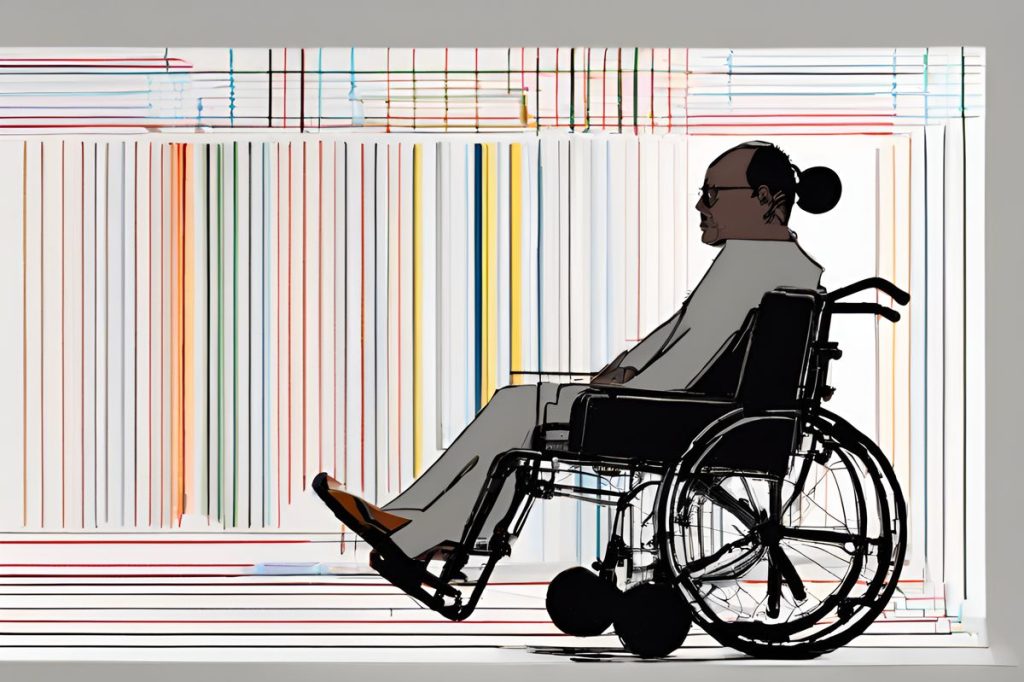The proposal for stricter disabled parking penalties, including increased fines and criminal charges for repeat offenders, was rejected in parliament due to the current deterrent effectiveness and concerns about financial impact on families. Alternative measures such as towing away offending vehicles were suggested as lawmakers aim to balance punishment with proportionality and consider broader implications on families.
Why was the bill proposing stricter disabled parking penalties rejected?
The bill for stricter disabled parking penalties was rejected because the current fine was deemed sufficient as a deterrent, evidenced by a 60% reduction in violations since 2019. Parliamentarians favored proportionate penalties, considering the financial impact on families, and discussed alternative measures such as towing away offending vehicles.
Legislative Proposal Rejected
A recent legislative effort aimed at intensifying the repercussions for illegal parking in spaces designated for individuals with disabilities was overwhelmingly defeated. Introduced by Edek MP Andreas Apostolou, the bill sought to increase the existing fines from €300 to a heftier €500. In a bold move to underscore the severity of the matter, the proposal also recommended that repeat offenders should face criminal charges, potentially leading to a year in prison or a fine of up to €3,000.
Despite these suggested amendments, a significant majority in the House plenum cast their votes against the bill, culminating in a tally of four in favor to 35 opposed.
Rationale Behind the Rejection
The prevailing opinion among the majority of parliamentarians was that the current fine poses a sufficient deterrent. Additionally, data presented during the session indicated a notable 60 percent reduction in reported incidents since 2019, a statistic brought forward by Diko MP Christos Orfanides. Orfanides, who was among those who voted against the bill, expressed his belief that fines should only be escalated in response to an uptick in offenses, which was not the case here.
Taking a more empathetic stance, Orfanides also emphasized that penalties must be proportionate and considerate of the potential financial devastation they could inflict on families.
Alternative Measures and Political Dynamics
Amidst the debate, alternative solutions were suggested to address illegal parking in disabled spaces. For example, the proposition of towing away the offending vehicles was put forth but has yet to be implemented. Discussions also hinted at the political undercurrents influencing the legislative process. Disy party’s Demetris Demetriou hinted at skepticism regarding the bill’s timing and Apostolou’s motives, given his candidacy in the European Parliament elections. Despite the insinuation, Demetriou clarified that he does not subscribe to that view, acknowledging Apostolou’s long-recognized commitment to disability issues.
Ongoing Efforts for Disability Rights
Undeterred by the defeat of his bill, Apostolou voiced his determination to continue advocating for the rights of individuals with disabilities. His dedication to the cause suggests that this legislative setback will serve as a catalyst for future initiatives aimed at enhancing the lives of disabled persons within the community.
Why was the bill proposing stricter disabled parking penalties rejected?
The bill for stricter disabled parking penalties was rejected because the current fine was deemed sufficient as a deterrent, evidenced by a 60% reduction in violations since 2019. Parliamentarians favored proportionate penalties, considering the financial impact on families, and discussed alternative measures such as towing away offending vehicles.
What were some of the proposed changes in the bill for disabled parking penalties?
The proposed changes in the bill included increasing fines from €300 to €500 and suggesting criminal charges for repeat offenders, potentially leading to a year in prison or a fine of up to €3,000. These changes aimed to intensify the repercussions for illegal parking in spaces designated for individuals with disabilities.
What was the rationale behind the rejection of the legislative proposal?
The majority of parliamentarians believed that the current fine served as a sufficient deterrent, as there was a 60% reduction in reported incidents since 2019. They emphasized the importance of proportionate penalties and consideredate the potential financial impact on families. Alternative measures such as towing away offending vehicles were also discussed.
What are the ongoing efforts for disability rights despite the rejection of the bill?
Despite the rejection of the bill, MP Andreas Apostolou expressed his determination to continue advocating for the rights of individuals with disabilities. His commitment to the cause suggests that this setback will lead to future initiatives aimed at enhancing the lives of disabled persons within the community.

